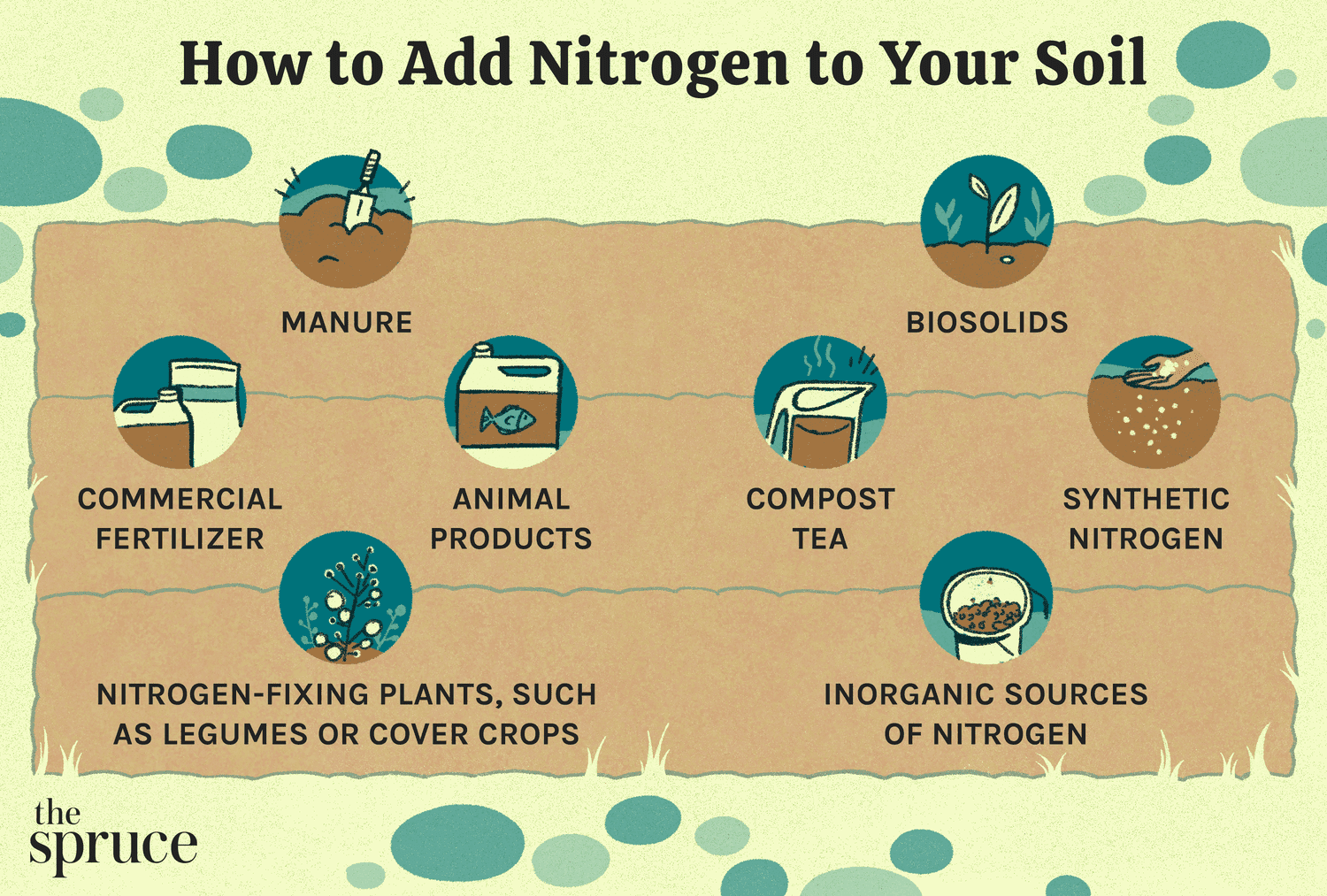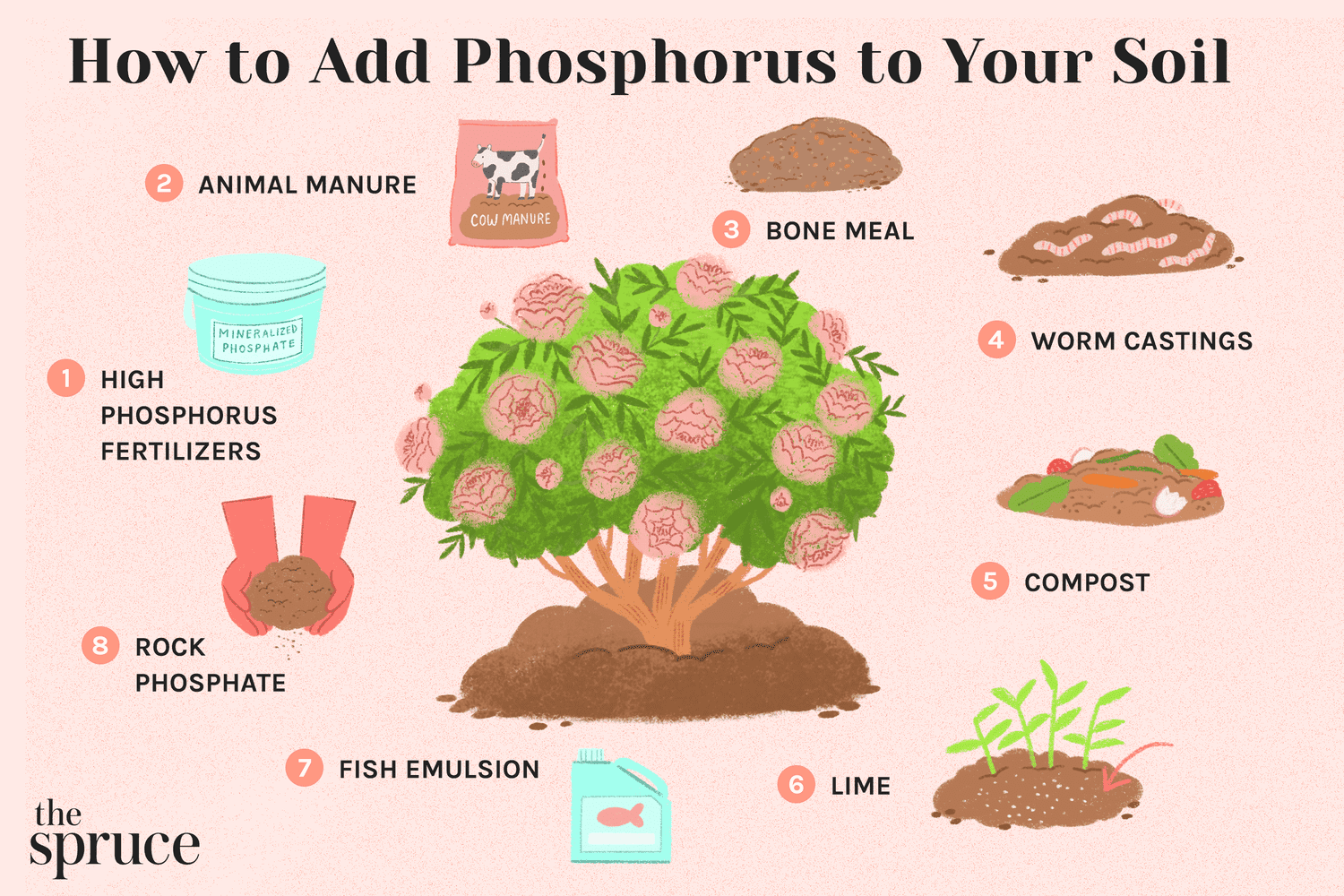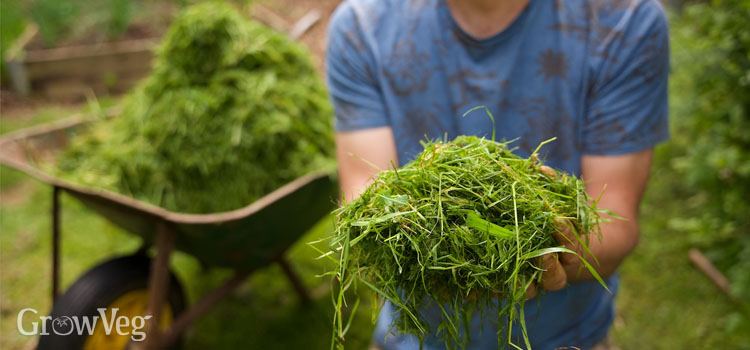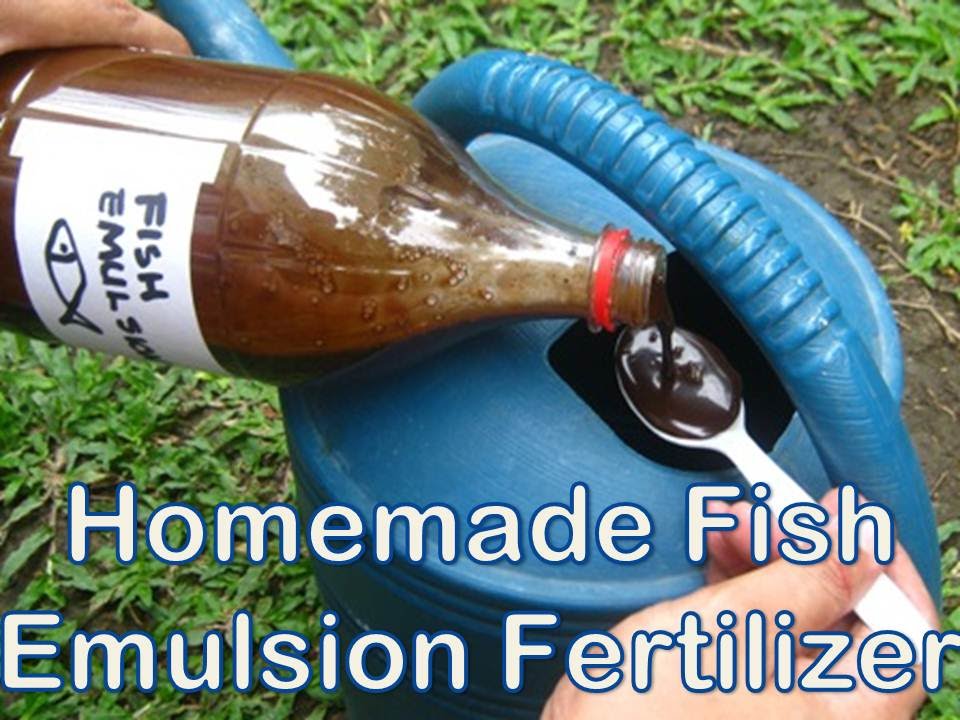How to Add Organic Nitrogen to Soil
Organic nitrogen is an essential element for plant growth, and adding it to your soil can help improve the health and productivity of your garden. Unlike synthetic fertilizers, organic nitrogen sources release nutrients slowly over time, providing a more sustainable and environmentally-friendly option for feeding your plants.
There are several ways to add organic nitrogen to your soil, including composting, cover cropping, and using organic fertilizers. In this article, we’ll explore these methods in more detail and provide tips on how to ensure your plants get the nutrients they need.
1. Composting
Composting is a great way to recycle organic material and create a nutrient-rich soil amendment for your garden. By composting kitchen scraps, yard waste, and other organic materials, you can generate a steady supply of organic nitrogen for your plants. To maximize the nitrogen content of your compost, be sure to include a mix of green (nitrogen-rich) and brown (carbon-rich) materials.
To speed up the composting process and ensure that your pile reaches optimal temperatures, consider turning it regularly and adding a nitrogen-rich supplement such as blood meal or manure.
2. Cover Cropping
Cover cropping is another effective way to add organic nitrogen to your soil. By planting nitrogen-fixing cover crops such as clover, vetch, or peas, you can help replenish the nitrogen levels in your soil naturally. These crops have the ability to convert atmospheric nitrogen into a form that plants can use, making them an excellent choice for improving soil fertility.
After the cover crop has grown for a few months, you can till it into the soil to release the nitrogen it has trapped. This will help improve the nutrient content of your soil and provide a valuable food source for beneficial soil organisms.
3. Using Organic Fertilizers
There are many organic fertilizers available on the market that can help boost the nitrogen levels in your soil. Some popular options include fish emulsion, blood meal, cottonseed meal, and feather meal. These products provide a concentrated source of nitrogen that can be easily absorbed by plants, promoting healthy growth and vibrant blooms.
When using organic fertilizers, be sure to follow the manufacturer’s instructions to avoid overapplication and nutrient imbalances. It’s also a good idea to conduct a soil test periodically to monitor nutrient levels and make adjustments as needed.
4. Conclusion
Adding organic nitrogen to your soil is a simple and effective way to nourish your plants and promote a thriving garden. By incorporating composting, cover cropping, and organic fertilizers into your gardening routine, you can create a healthy and sustainable growing environment for your beloved plants.
Remember, healthy soil leads to healthy plants, so don’t skimp on the nitrogen!



